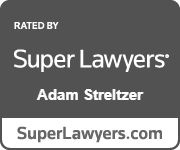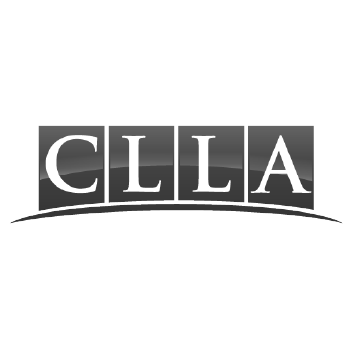Senate Bill (SB) 1041 (“Hearsay evidence: wills and revocable trusts”) – Amendment to California Evidence Code §1260 effective January 1, 2011
“Hearsay” is a statement made out-of-court that is offered in court as evidence to prove the truth of the matter asserted. Under the hearsay rules of evidence (in particular, the California Evidence Code), such statements are inadmissible in court unless the actual person who made the statement testifies in court, or, alternatively, one of the categorical exceptions to the hearsay rule applies to allow evidence of the statement to be received. One such exception is set forth in Cal. Evid. Code §1260, which permits evidence of a statement made by a person that he or she has or has not made or revoked a will, or a statement which identifies such document as his or her will. In most such situations, of course, the person who made the statement is now dead and therefore unavailable to testify. Historically, the best evidence of a dead person’s testamentary intentions would be their will, which is executed with much solemnity and ceremony, and statements made the dead person prior to their death are deemed to be good and reliable evidence as to the existence and identity of such estate planning efforts. SB 1041 amended the Evidence Code to extend the hearsay exception which already applies to wills when the same set of facts is present with respect to a trust. As amended, §1260 now permits hearsay evidence of statement made by a person who is unavailable as a witness (due to death or otherwise) that he or she has or has not established a revocable trust, or has or has not revoked his or her revocable trust, or a statement which identifies his or her revocable trust or any amendment thereto. The purpose of the amendment was to ensure that the hearsay exceptions applicable to wills would apply in the same manner to revocable trusts, because revocable trusts are now commonly used as will substitutes in California estate planning. The problem with this new, expansive exception to the hearsay rule is the assumption that lifetime statements concerning wills and revocable trusts are equivalent, which neglects the fact that the solemnity and ceremonial aspects of executing a will are absent in the context of creating, amending or revoking a trust. Only time will tell how whether or not this exception will come to engulf the hearsay rule. One saving grace may be the still-effective ‘catch-all’ exception to the exception, which provides that evidence of a statement remains inadmissible hearsay if the statement was made under circumstances that indicate its lack of trustworthiness.




Related Posts
Senate Bill (SB) 323 – the California Revised Uniform Limited Liability Company Act (“RULLCA”)